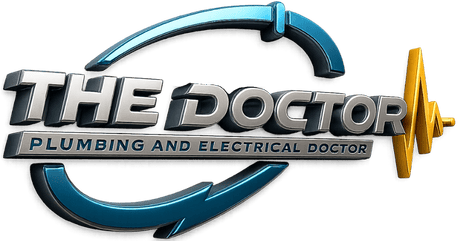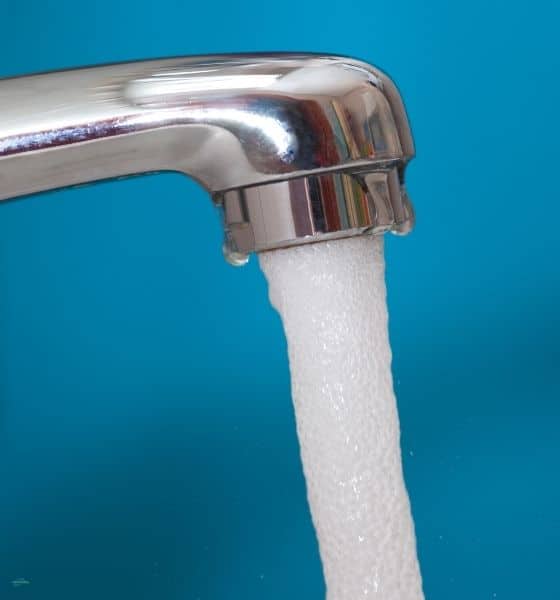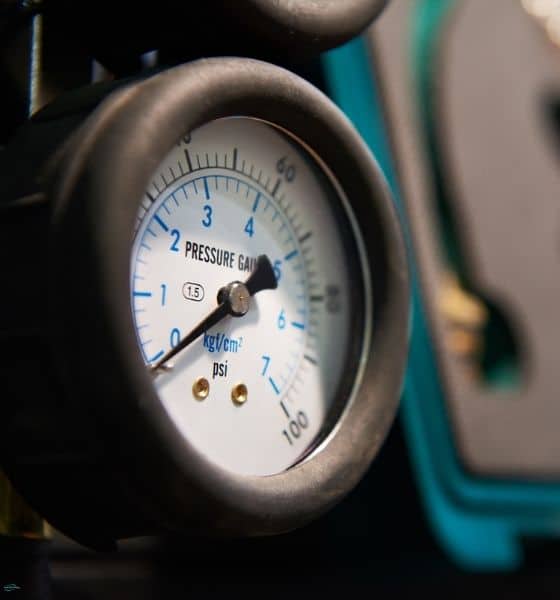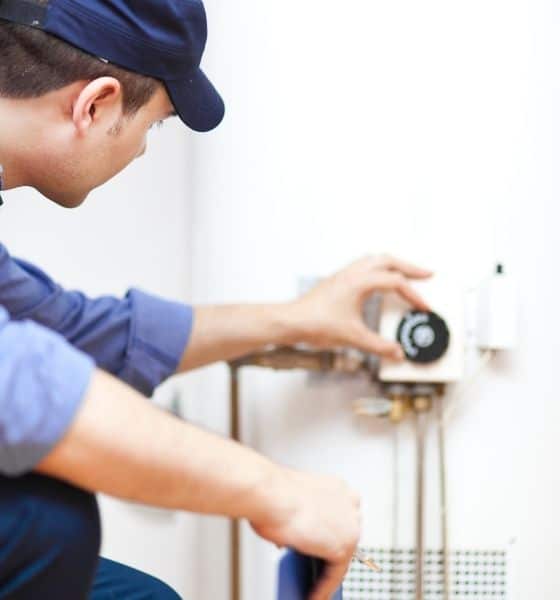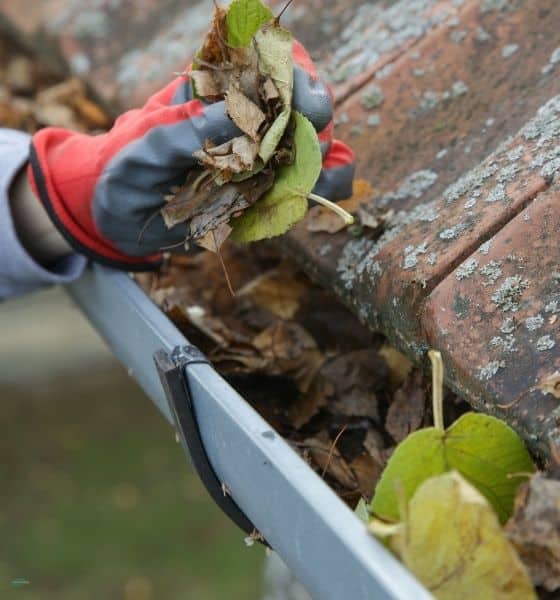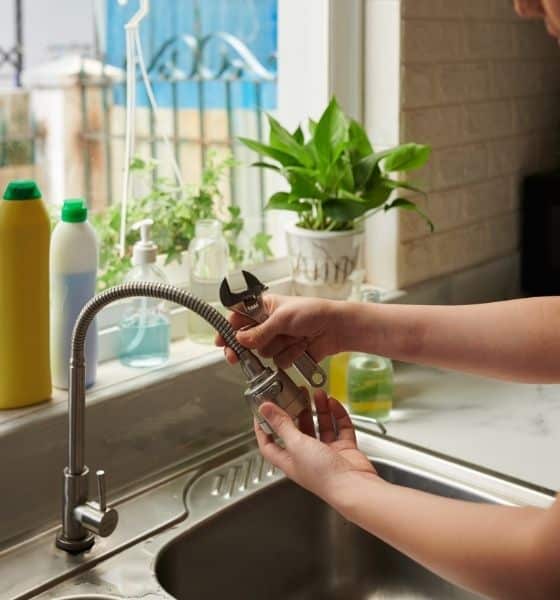
1. Check Taps and Fixtures in Kitchen, Bathroom, and Laundry
Check if taps are easy to turn on and off. Check if there are any leaks. Make sure also that there are no leaks on the base of the fixtures. The most common area where leaks occur is on the Flexi hoses underneath the fixtures. Flush all toilets and check if there are any leaks on the base of the toilet. Run the cold and hot water and check if they are working properly.
Check for possible shower leaks, turn the shower on and off and check if the shower head is not dripping when turned off. Partially fill the bathtub and the laundry tub and check if the water drains properly.
